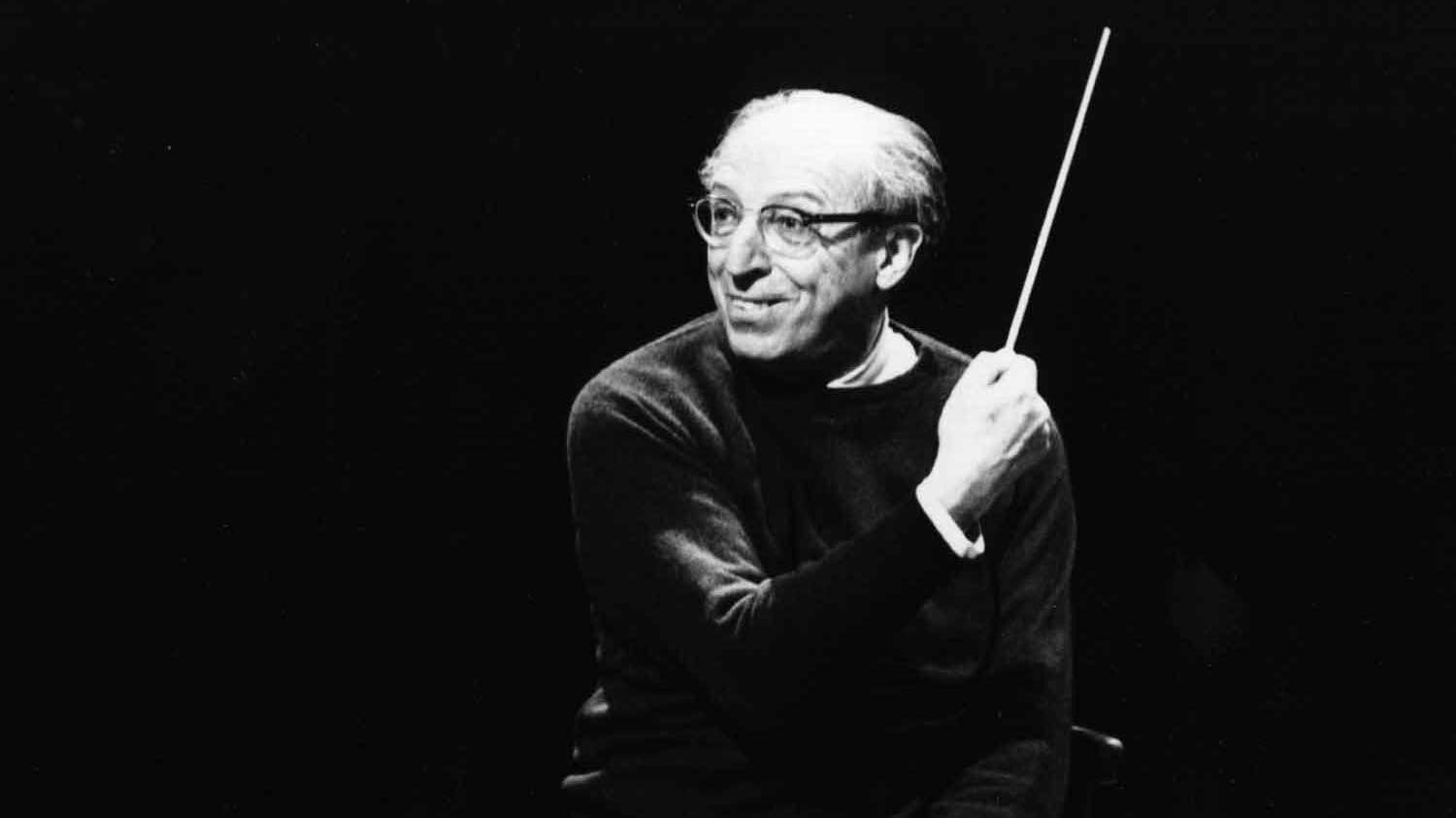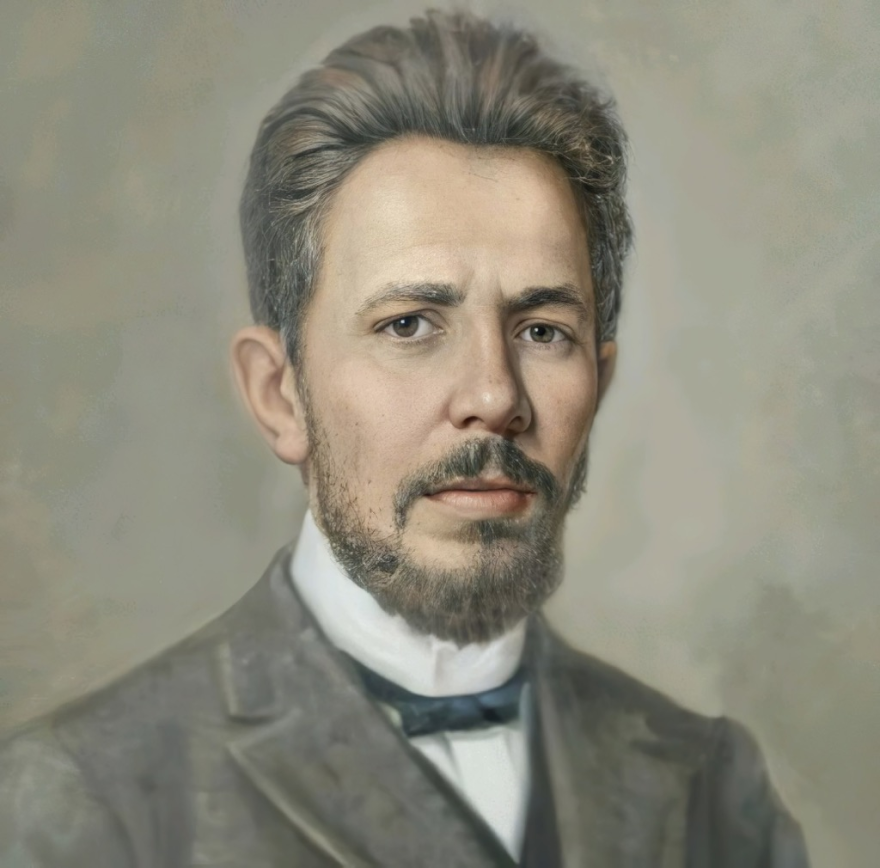
Aaron Copland: The Maestro of American Music
Aaron Copland was born on November 14, 1900, in Brooklyn, New York, to Lithuanian Jewish immigrants. Growing up in a modest environment, Copland’s exposure to[…]

Vasily Kalinnikov: A Musical Journey of Triumph and Tragedy
Vasily Sergeyevich Kalinnikov was born on January 13, 1866, in Voina, a small village in the Oryol region of Russia. Born into a peasant family,[…]